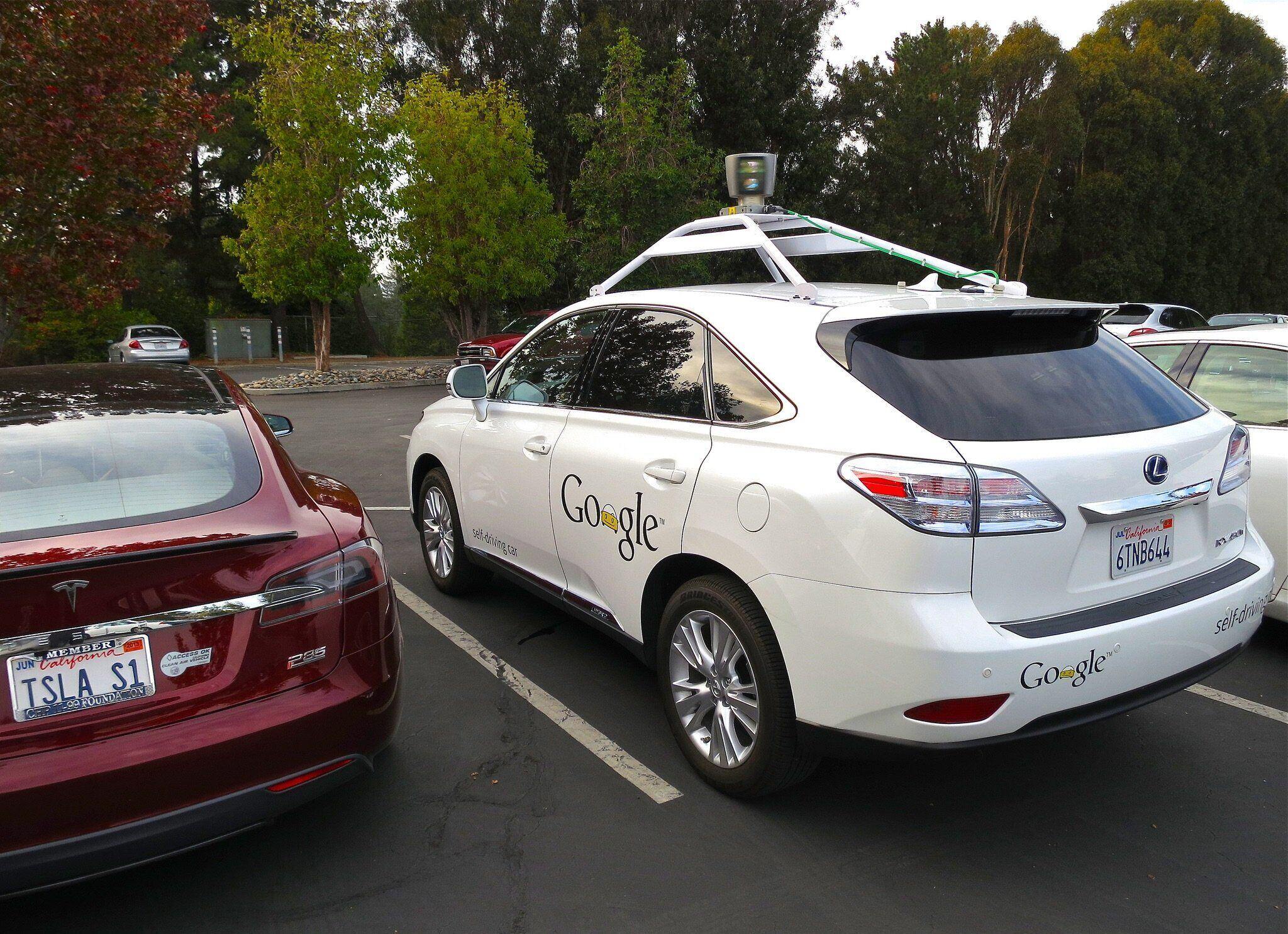Put your dukes up! Cause it's gonna be a knock-down, drag-out fight.
In the red corner: Adaptive Design.
In the blue corner: Responsive Design.
If only website design methods could throw hands — sigh, oh well.
Here is the background on these two competitors, adaptive vs responsive design.
Adaptive design is based on device type, with the ability to make changes on the server instead of the client side. Thus, when a search occurs, the server that your website is hosted on will display the correct HTML and CSS for your website, based on the device being used.
Only items on your website that are specific to that device will be loaded, which means that your website will load faster — take that responsive design. The idea here is to create the optimal user experience, and possibly unique experience, on each device.
To recap, you get two (or more) websites based on device type and are able to change content.
Responsive design is based on screen size and the reorganization of content. An easy way to figure out if a website is responsive is to resize your browser window — our website just so happens to be responsive, if you want to give it a try.
Designing a site like this means that all of your CSS items, regardless of device type, will load. Therefore, a responsive website may take longer to load. While this is normally not an issue, you will want to keep in mind that if your website takes longer than four seconds to load 25% of users will throw in the towel.
For a more detailed version of how responsive design works on mobile devices, check out How to Optimize Your Webiste For Mobile. The jist is that content blocks will stack, and rearrange, on top of each other using CSS media queries — not exactly essential to making the decision between the two, just saying.
If you are looking for a website design and SEO, this decision in a no-brainer. The winner is responsive design.
It is a common belief that user experience is what drives SEO, and that is definitely true. You could make an argument that adaptive design creates a better user experience than responsive because, quite frankly, that is its purpose. However, you could also argue that if you do responsive design the right way, you will have a far greater user experience.
So, in short, adaptive design may be easier to create optimal user experiences based on device size, but it isn't necessarily better at it. Responsive design just takes a little extra blood, sweat and tears to make it work properly — well not that dramatic.
Next thing you want to think about is website management. Yeah, that's not fun is it? Managing one website can be tough. Managing a website for each device type? That's going to be a down right hassle. While responsive design doesn't necessarily make website management easier, after it is set up it doesn't make it more difficult. That is for sure. All your updates can be made in one place and you're done.
The biggest ding on adaptive design, however, is the fact that it uses different URLs and HTML. That is an absolute killer for SEO. Google has even recommended that websites use responsive design.
When the big man in the room speaks you should listen — that big man being Google, of course.
Basically, both design types are taking you to the same finish line, an optimized user experience on each device type is that finish line. However, just like everything else in life, there is a right way to do things and the "other" way. If you want to do things the right way and have a website and SEO, use responsive design.
Want more web design expertise for your business? Check us out!
Photo Credit: Rockem Sockem Robots



Leave a comment
Let us know what you think